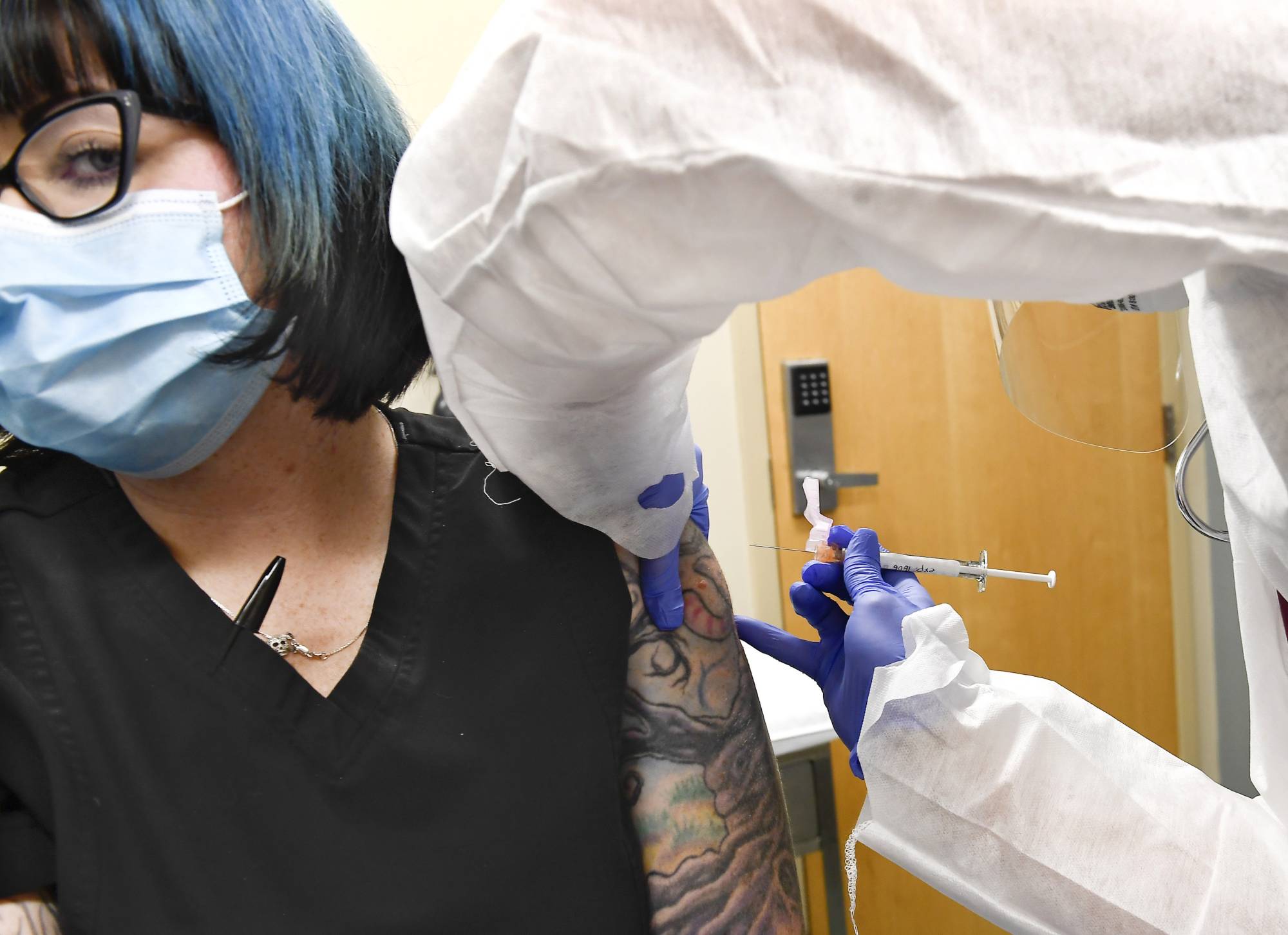The coronavirus pandemic has stress-tested the world. Beyond challenging human fortitude, national health services and international rivalries, it has forced a series of moral choices. Many have provoked impassioned disagreement — over whether governments can force businesses and schools to close, over sacrifices for the sake of the elderly and, most bitterly and surprisingly, over whether being asked to wear a simple face mask infringes individual liberty.
The toughest moral test lies ahead. The biomedical industry and research facilities around the world are progressing toward creating a vaccine that would offer the best chance to end the pandemic and return life to normal. But the moral dilemmas provoked by the development and distribution of a vaccine will drive ever deeper debates.
The issues strike at profound divisions between schools of ethics. The newly published "The Ethics of Pandemics," an anthology edited by philosophy professor Meredith Schwartz of Ryerson University in Toronto, presents contrasting views of academics, doctors and commentators along with a series of impossibly difficult case studies. The scientific, economic and political choices involve moral issues that have divided ethicists for centuries:

















With your current subscription plan you can comment on stories. However, before writing your first comment, please create a display name in the Profile section of your subscriber account page.